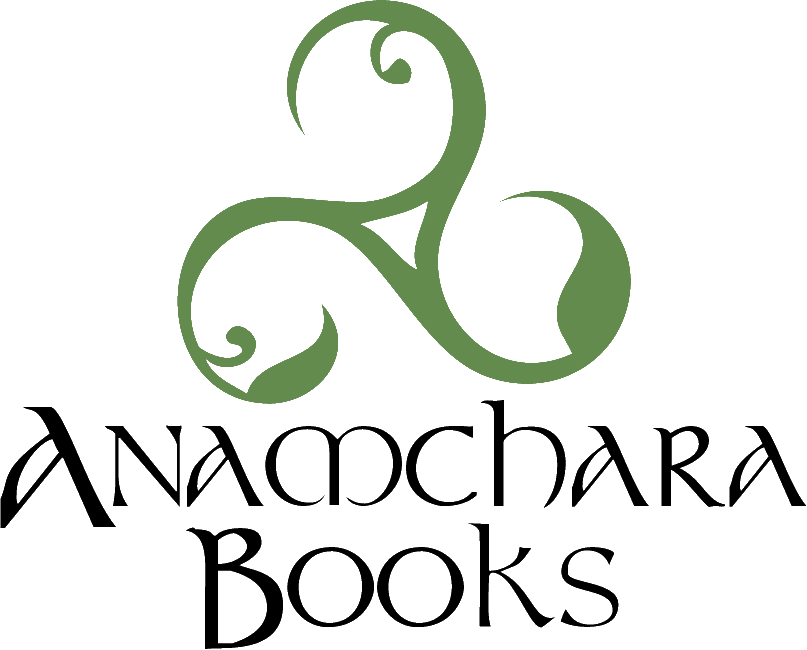The Meaning of Dragons by Meg Llewellyn
/Dragons have lived within the human imagination for thousands of years. Whether wise and wonderful, or monstrous and evil, these creatures are a part of us. In one way or another, we all dream of dragons.
Psychoanalysis tells us that to understand our dreams, we should consider each dream character to be an aspect of our selves. The perils we face in dreams are not actual, real-life dangers; they are the things we fear inside our hearts. (And by the same token, our dream heroes are the valiant aspects of our own natures.) Jung said that when we dream of dragons, we are usually engaged in a battle between something new struggling to emerge from within us—and the old and scaly unconscious that wants to pull us back down into the dark. Along the same lines, Joseph Campbell said, “The dragon is one’s own binding of oneself to one’s ego.”
In the stories, of course, dragons are “out there,” rather than “in here”—and they weren’t always creatures of the dark. The old European dragons were external dangers that threatened entire villages with their fire; in the East, however, they were divine beings that blessed kingdoms with their wisdom. The West saw them as creatures of the earth, living in caves, and yet able to soar through the air on enormous bat-like wings. In the East as well as the West, dragons were considered to be elemental creatures of earth and air and water.
Scholars speculate that ancient discoveries of dinosaur bones may have triggered the concept of dragons, but their persistent place in the human imagination cannot be explained so easily. None of us has ever seen a dragon in the external world—and yet all of us would recognize one if we did. Dragons live inside us. They are not only a part of our imaginary landscapes; they are a part of our hearts. And contrary to what Jung and Campbell believed, I suspect that our dragons are not always the aspects of ourselves that hinder our growth. Instead, they may actually call us to face new challenges, to step out of our small, familiar worlds into a wider, more dangerous realm that’s filled with powerful—and sometimes terrifying—potential and possibility.
The original, most ancient root word for dragon meant “to see clearly.” The power of vision seems like a good thing—but for the one who is being looked at, it can be terrifying. A creature who can discern our weaknesses with a glance is dangerous, maybe even deadly. Our inner dragons endanger our carefully constructed egos; they threaten to burn away the lies we tell ourselves. They reveal the jealous, greedy side of our natures, even as they also embody all that is wise and powerful within our hearts.
Whether or not we dream of dragons while we sleep, the fact that dragons haunt our minds is evident from the books we love. Tolkien’s dragon, Smaug, as well as the dragon C.S. Lewis described in The Voyage of the Dawn Treader, are symbols of greed, expressions of that side of ourselves that clings and hoards and hides. George R.R. Martin’s dragons, Drogon, Rhaegal, and Viserion, use their powers to fiercely defend their mistress. In the World of Warcraft, Deathwing the Destroyer is a powerful creature of geologic cataclysm, capable of shattering the entire Earth. And Draco of Dragonheart fame is fierce but also noble, loyal, and honorable.
The list of fictional dragons is too long to include here. Clearly, though, our dragons serve many functions within our hearts. Ultimately, even at their foulest and most terrifying, they fill us with wonder. The enormous flap of leathery wings, the blast of fire-breath, the cruel reptilian gleam of a giant eye inspire and delight us.
And perhaps, as we recognize our own dragonish qualities, we catch a new glimpse of ourselves. Despite our scales and gnarled claws, our vanity and greed, our wings are strong enough to lift us above our dark caverns. We are flawed and fearsome—and yet we are also wondrous. Somehow, despite themselves, our dragons call to us with God’s voice. They bring out the best in us. Our hearts would be smaller places without them.
Meg Llewellyn is the author of a number of books on spirituality, including Celtic Miracles and Wonders and The Dragon Within Your Heart. This post is adapted from The Dragon Within Your Heart.



